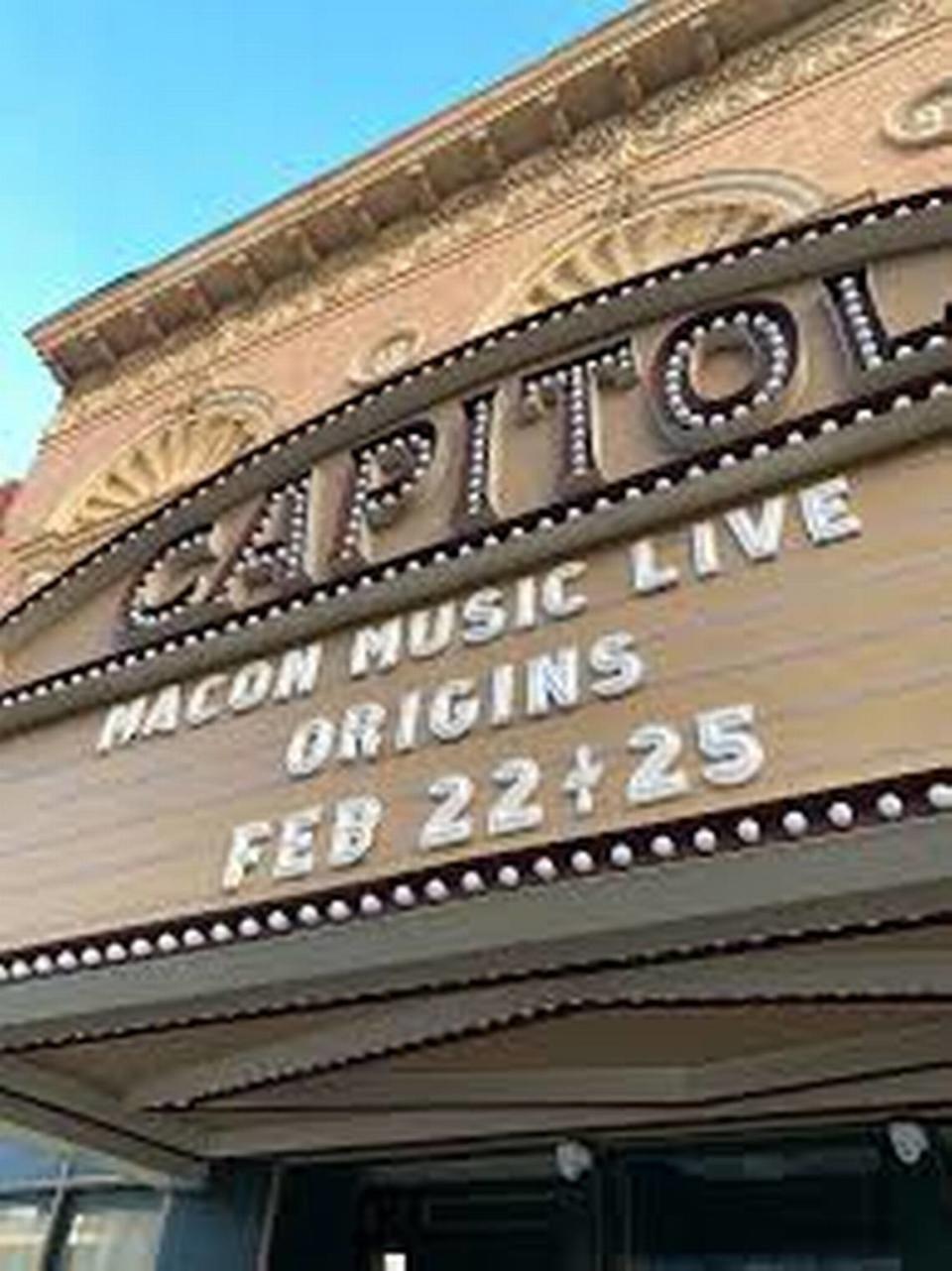Macon’s history makes it a music city. Future developments could cement that status
This may not come as a surprise to Macon residents who know the city as a starting point for the Allman Brothers, Otis Redding, Jason Aldean, Little Richard and others, but a recent study confirms: Macon is a music town.
An International Music Study shows proof of vitality and resources and provides a plan to amplify Macon’s music economy. The results of the study, released by the city and the Macon Arts Alliance, were presented to the Macon-Bibb County Commission. Commissioners seemed enthusiastic about supporting initiatives that strengthen the city’s music culture.
The study found Macon has a higher percentage of jobs in the music ecosystem than most U.S. cities. The music ecosystem’s total output generated $134.5 million and added a total gross value of $88 million.
Gary Wheat, President and CEO of Visit Macon, said the assessment was a great tool to move Macon’s music ecosystem forward.
“’Is Macon a ‘Music City?’ - the answer is a resounding ‘Yes!’,” he said. “We believe that the assessment by Sound Diplomacy is a fantastic playbook to guide Macon into a thriving music ecosystem that stands up to its history, as well as position it in the same conversations of music destinations like Memphis, Austin, Nashville and New Orleans.”
The report studied the results of a combination of desk research, stakeholder consultation and data analysis by Sound Diplomacy – a global research and strategy consultancy with expertise in music, the night-time economy, and creative industries. Julie Wilkerson, executive director of Macon Arts Alliance, recently presented the key findings to the Macon-Bibb County Commission.
The study found Macon has remarkable history in music and is known for the high quality of its artists and performers, the diversely represented music genres displayed in the city’s numerous venues and its educational institutions involved in the music sector. Macon’s walk-able downtown, night-time economy and capacity to grow help the city with regards to its affinity for musical performances.
The study also emphasized the economic impact in music: 1,118 jobs are in the music ecosystem, and this local employment was 1.77% higher than the national average. However, that percentage was lower than other well-known music destinations.

The final study outlined Macon’s Music Strategy to leverage its existing infrastructure, its strengths and weaknesses, as well as strong pending and easily attainable opportunities. The study is available in an executive summary or the full 184-page report.
“There’s a lot of opportunity,” Wilkerson said in her presentation to the commission. “This data can help Macon-Bibb increase economic development and opportunity for artists and musicians.”
Wilkerson said the city’s music economy is already shifting with things like the new Atrium Health Amphitheater.
“Larry Brumley of Mercer University, Gary Wheat of Visit Macon and myself have enjoyed teaming to learn all that we can from this process with Sound Diplomacy; and it will take support from many other local partners and our local government to collectively move the needle on its impact in Macon’s future,” Wilkerson said.
The Atrium Health Amphitheater will host world-class entertainment, beginning with Lynyrd Skynyrd and ZZ Top performing an inaugural concert Sunday.
There will also be free community events through the partnership between Macon, OVG360 and Atrium Health, including movies in the park, food truck festivals, local live music nights and more.
Wilkerson said the changing music landscape in the area presents opportunity.
“We must capitalize on the changing landscape and preserve what Macon was built upon, which is the opportunities that are here for artists to create, market and build successful careers, while creating a magnetism others are attracted to visit and experience for themselves,” Wilkerson added.
Informed by the research and analysis outlined previously, advocates for building on Macon’s music scene have an action plan that consists of 16 steps, which serve as a blueprint for developing and maintaining a thriving music ecosystem:
Recommendations to build more structure around Macon’s music scene
Advocate for the appointment of a cultural officer for Macon
Create a music board for Macon
Create and support initiatives for the promotion of diversity, equity and inclusion in the music ecosystem
Create a one stop shop for music related regulations, permits, funding opportunities and other resources
Advocate for the appointment of a night‑time officer to support Macon’s night-time economy
Support and foster the creation of training and professional development programs at all levels to support the development of the music ecosystem
Develop and facilitate a music technology training program for music professionals
Implement audience development initiatives
There are also recommendations to help develop the music ecosystem in Macon, including:
Advocate for the formalization of downtown Macon as an entertainment district
Advocate for music-friendly regulations
Develop fair pay guidelines
Advocate for music-specific government funding
Support the creation of more family-friendly music and live music events
Develop a program to support local venues in order to increase the offer of live music events
Create music tourism strategies to keep highlighting music heritage but also supporting the current music ecosystem
Create a comprehensive marketing and communications plan to raise awareness on city’s efforts to support the music ecosystem Investment in the local cultural sector

